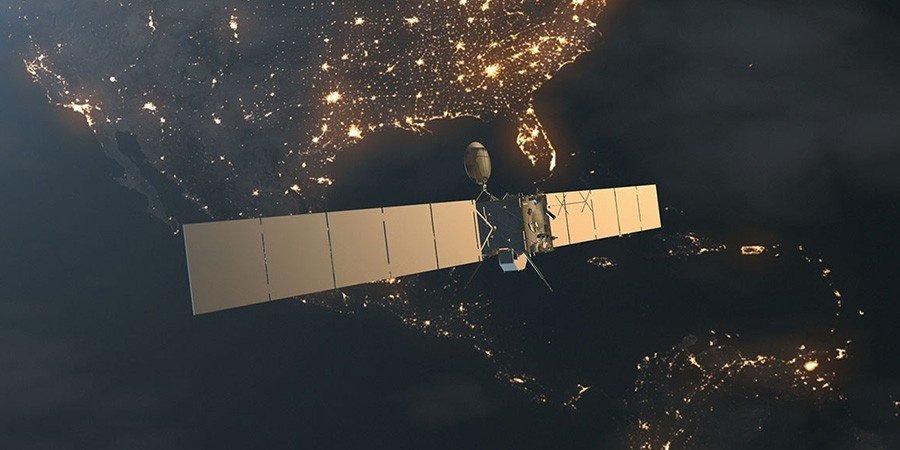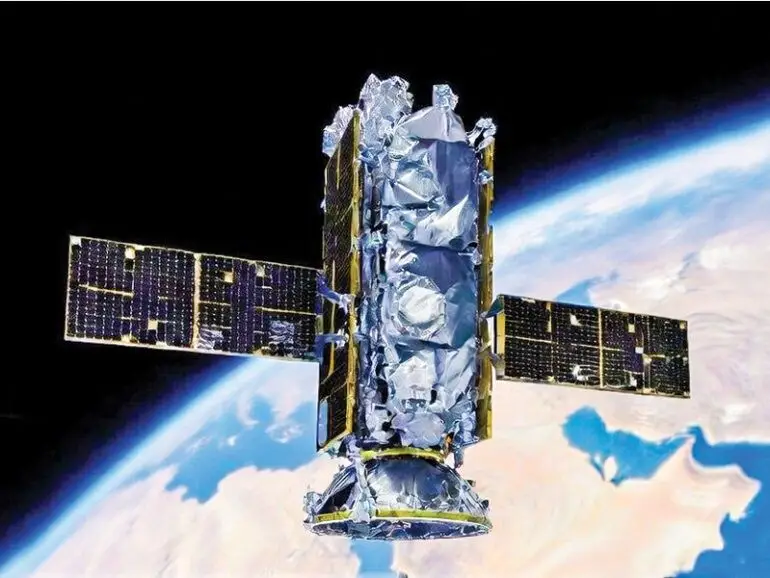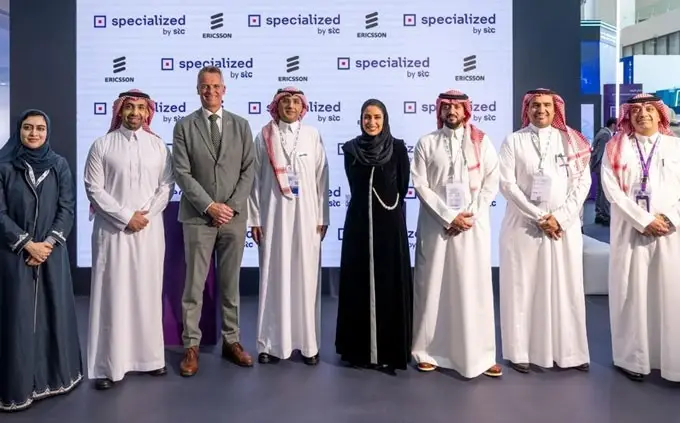Abu Dhabi — The UAE’s space sector is entering a new phase of rapid expansion, with total investments reaching approximately AED 44 billion (USD 12 billion), according to the UAE Space Agency. The surge reflects a strong combination of government backing and increasing private sector participation, positioning the country as a growing global hub for space science and technology.
Dr. Ahmad Belhoul Al Falasi, Minister of Sports and Chairman of the UAE Space Agency, highlighted that the private sector’s success is vital to sustaining long-term growth in the national space ecosystem. “Many nations began with major government investments but empowered the private sector to become an active partner — and today, we are following the same approach,” he said.
He noted that while the government continues to play a key role in funding and regulation, private sector engagement — from large corporations to innovative SMEs — is now taking center stage. Emirati companies are increasingly visible at global industry events, such as the Dubai Airshow, which this year will host 15 heads of international space agencies, providing a major platform for collaboration.
Dr. Al Falasi emphasized that the UAE Space Agency is actively holding bilateral and trilateral meetings with global space agencies to foster new partnerships and showcase the growing capabilities of Emirati firms. “International cooperation is essential for advancing national space industries,” he stated, noting that these interactions often lead to concrete agreements that drive innovation and technological exchange.
Currently, most Emirati private companies are focused on AI-powered space applications — including data analytics, environmental monitoring, and urban planning — that utilize satellite imagery to provide actionable insights for local decision-makers. This marks a cost-effective entry point for SMEs before progressing toward more complex areas such as satellite manufacturing and operations.
Some Emirati companies have already begun producing specialized space components and managing satellite systems, signaling a shift toward higher-value segments of the industry. The UAE Space Agency continues to support this evolution by offering a strong legislative framework, intellectual property protection, and logistical assistance to innovators and entrepreneurs.
Dr. Al Falasi reaffirmed the agency’s long-term ambition: to position the UAE among the world’s top ten nations in attracting and hosting space-related companies by 2031. “Our goal is to cement the UAE’s reputation as a global center for space sciences, innovation, and future technologies,” he concluded.
















One thought on “UAE Space Sector Soars with AED 44 Billion in Investments and Rising Private Sector Role”
Comments are closed.